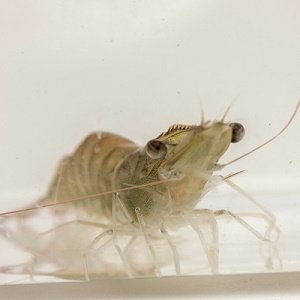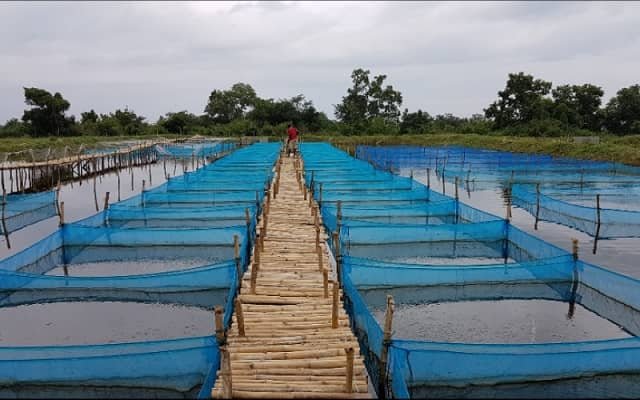UK.- Benchmark, the aquaculture health, nutrition, and genetics business, is pleased to announce its participation in an important gene editing research project. Third party funded study to investigate the potential for gene editing technology to increase resistance against infectious salmon anaemia (ISA). Gene editing represents a significant long-term opportunity in animal health, following on from recent breakthroughs in human health.
The study, funded by a £500,000 Industrial Partnership Award from the UK’s Biotechnology and Biological Sciences Research Council (BBSRC), will last three years and will investigate the possible use of gene editing technology to increase resistance against ISA. Project collaborators include individuals from the Roslin Institute, the University of Aberdeen, Benchmark’s SalmoBreed, the Institute of Marine Research (Norway), INRA (France), Marine Science Scotland (Aberdeen) and Cefas (UK).
The aim of the study is to identify genes involved in the infection of Atlantic salmon by ISA and make alterations to increase resistance. This could then be applied to produce ISA resistant broodstock for farming.
Gene editing is a new technology which uses enzyme systems such as CRISPR/Cas9 and TALEN amongst others to make precise, targeted alterations to the DNA sequence. In contrast with previous technologies it does not rely on introduction of genes from other species.
ISA causes high mortality and significant monetary losses in affected salmon farms worldwide, and is a major welfare issue. There are no treatments for ISA and, in the event of an outbreak, producers are forced to cull all affected stock. Existing solutions such as vaccination and biosecurity cannot fully prevent the spread of the disease. Gene editing can provide an additional way to combat ISA.
This study is the first of a number of initiatives being undertaken by Benchmark in this field. Gene editing represents a significant long-term opportunity, and learnings from this study will be applied to other disease areas and species including shrimp and tilapia.
Malcolm Pye, Benchmark CEO, commented:
“Gene editing is a potentially powerful tool to combat disease in aquaculture and, with a team of world class geneticists, Benchmark is at the forefront of this research in line with our strategy of developing world class aquaculture health products. This is a very exciting time for gene editing with major breakthroughs in human health resulting from decades of research which augur well for animal health. We are delighted to be collaborating with leading institutions to use this novel technology to improve the health and welfare of farmed fish.”
Stay Always Informed
Join our communities to instantly receive the most important news, reports, and analysis from the aquaculture industry.
Source: Benchmark
Editor at the digital magazine AquaHoy. He holds a degree in Aquaculture Biology from the National University of Santa (UNS) and a Master’s degree in Science and Innovation Management from the Polytechnic University of Valencia, with postgraduate diplomas in Business Innovation and Innovation Management. He possesses extensive experience in the aquaculture and fisheries sector, having led the Fisheries Innovation Unit of the National Program for Innovation in Fisheries and Aquaculture (PNIPA). He has served as a senior consultant in technology watch, an innovation project formulator and advisor, and a lecturer at UNS. He is a member of the Peruvian College of Biologists and was recognized by the World Aquaculture Society (WAS) in 2016 for his contribution to aquaculture.







